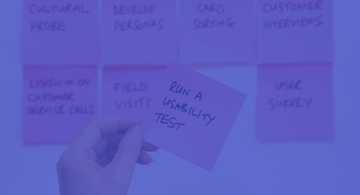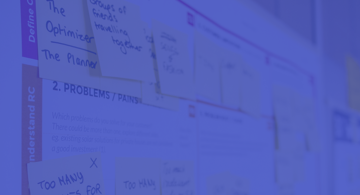What is Radical Candor and the Radical Candor Framework?
Radical Candor is a communication philosophy coined by Kim Scott, renowned executive coach, and author. It involves a straightforward and caring approach to feedback and discussions, emphasising a balance between directness and empathy. The Radical Candor framework revolves around two essential dimensions: "Care Personally" and "Challenge Directly."
-
Care Personally: It emphasises building strong relationships and demonstrating genuine concern for individuals on a personal level. It involves understanding their needs, ambitions, and challenges, fostering trust and connection.
-
Challenge Directly: This dimension focuses on offering honest feedback and engaging in candid conversations about performance and growth. It aims to challenge individuals to reach their full potential while providing guidance and support.
Benefits of Building a Radically Candid Culture
Implementing the Radical Candor framework within an organisation can yield numerous benefits, including:
-
Increased Trust and Psychological Safety: Employees who feel that their colleagues and leaders genuinely care about their well-being and growth are more likely to trust each other and feel psychologically safe. This fosters an environment where individuals feel comfortable expressing their ideas, seeking feedback, and taking calculated risks.
-
Improved Collaboration and Performance: Open and honest communication enhances collaboration by reducing misunderstandings and conflicts. Constructive feedback helps individuals identify their strengths and areas for improvement, leading to enhanced performance and professional growth.
-
Faster Problem Resolution: Radically candid cultures promote open discussions about challenges and shortcomings. By addressing issues promptly and directly, teams can identify solutions more efficiently, resulting in faster problem resolution and improved productivity.
-
Enhanced Employee Engagement and Retention: A culture of Radical Candor promotes a sense of purpose, growth, and belonging. Employees are more engaged when they receive honest feedback and have the opportunity to contribute to meaningful discussions, leading to higher job satisfaction and increased retention rates.
How to Use the Radical Candor Framework
Implementing the Radical Candor framework requires a thoughtful and deliberate approach. Here are some key steps to get started:
-
Foster a Culture of Psychological Safety: Encourage open dialogue and establish an environment where individuals feel safe to express their thoughts, share concerns, and ask for help without fear of judgment or retribution.
-
Develop Relationships: Take the time to understand your team members on a personal level. Show empathy, actively listen, and build trust. By caring personally, you create a solid foundation for Radical Candor.
-
Provide Regular Feedback: Offer feedback in a timely manner, both positive and constructive, based on specific observations. Be direct, honest, and clear, but always keep the person's best interests in mind.
-
Encourage Peer Feedback: Foster a culture where team members feel comfortable providing feedback to one another. Encourage constructive conversations, ensuring that feedback is delivered with empathy and respect.
-
Lead by Example: Leaders play a vital role in modelling Radical Candor. Demonstrate openness, vulnerability, and a willingness to receive feedback. When leaders embrace Radical Candor, it sets the tone for the entire organisation.
The Radical Candor framework empowers organisations to cultivate a culture of trust, growth, and collaboration. By blending care and directness, teams can engage in open conversations that drive individual and collective success. Implementing Radical Candor requires a commitment to empathy, authenticity, and continuous improvement. Embrace this framework, and unlock the power of Radical Candor to create a more transparent and effective work environment.
Remember, building a radically candid culture is an ongoing process, but the benefits it brings to individuals, teams, and organisations make it well worth the effort.
Let’s connect.
Our thoughts

Unlocking Success with User Experience (UX) Best Practices

UX and SEO: Uniting Forces for a Winning Online Strategy


